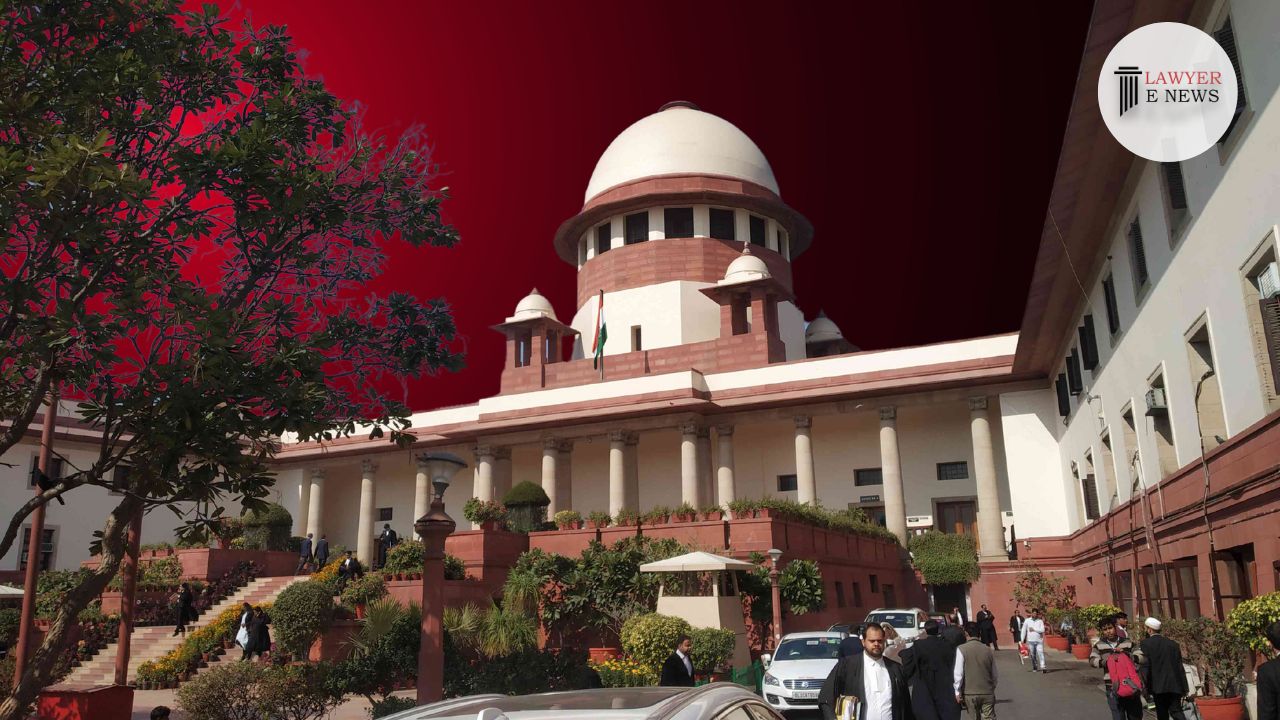-
by Admin
15 February 2026 5:35 AM



In a significant ruling, the Supreme Court of India showcased its commitment to the principles of justice, viability, and urgency as it dealt with a case involving the medical termination of pregnancy beyond the statutory limits. The judgment, delivered by Hon'ble Chief Justice Dr. Dhananjaya Y. Chandrachud, along with Hon'ble Justices J. B. Pardiwala and Manoj Misra, set a strong precedent in the domain of medical termination and the exercise of judicial power.
The Supreme Court, in its judgment, emphasized its jurisdiction in recalling an order and the exercise of its power under Article 142 of the Constitution. The Court highlighted the need for finality in judgments and noted that challenges to decisions can only be pursued through limited routes, such as invoking the court's jurisdiction to review the judgment, preferring an appeal, or filing a curative petition.
"Article 142 permits us to relax the application of law depending upon the particular facts and circumstances of the case. This Court has the power, nay, the duty to do complete justice in a case when found necessary," stated the Court.
The case revolved around a medical termination of pregnancy sought after crossing the twenty-four-week statutory limit. The Court's refusal of the prayer for termination was based on the absence of substantial fetal abnormalities diagnosed by a Medical Board and the absence of an immediate necessity to save the petitioner's life, as required by Section 3(2B) and Section 5 of the Medical Termination of Pregnancy (MTP) Act.
The judgment noted that if the termination were allowed at this stage, it would involve a viable fetus, raising ethical and medical concerns. The Court also took into account the petitioner's preference, which did not involve stopping the fetus's heartbeat.
The Supreme Court directed that the planned delivery would be conducted by AIIMS at the appropriate time, with the Union Government agreeing to bear all medical costs for the delivery and related expenses. Additionally, the Court acknowledged the option of giving the child up for adoption, emphasizing that the decision rests entirely with the parents.
The Supreme Court's decision in this medical termination case underscores the importance of adhering to statutory limits while allowing for flexibility in unique circumstances. It serves as a precedent for future cases involving medical terminations beyond the prescribed limits and reaffirms the Court's commitment to upholding justice, viability, and the exercise of its constitutional powers.
This judgment is a significant addition to India's jurisprudence on medical termination, setting the stage for thoughtful and compassionate considerations in such cases.
Date of Decision: 16 October 2023
X vs Union of India and Anr.
